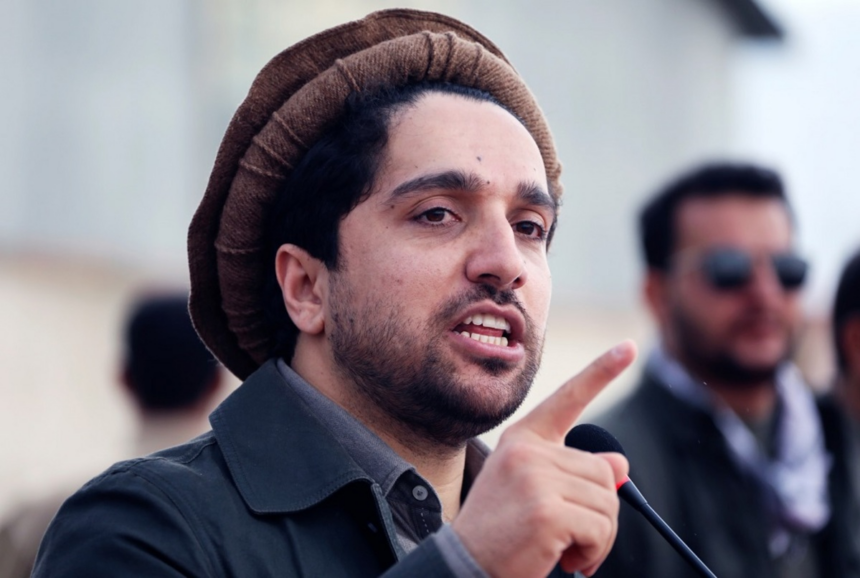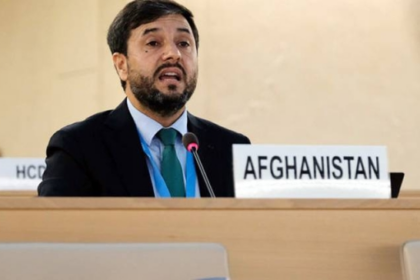RASC News Agency: On the seventh anniversary of the assassination of General Abdul Raziq Achakzai, the former police chief of Kandahar, Ahmad Massoud, leader of the National Resistance Front (NRF), alongside several prominent Afghanistani political figures, reaffirmed the urgent need for national unity and collective defiance against the Taliban’s repressive rule.
In a virtual commemoration held on Saturday, Massoud described General Raziq as “a symbol of resistance against terrorism, aggression, and betrayal,” emphasizing that Afghanistan’s crisis cannot be solved through foreign mediation. “The destiny of this country lies in the hands of its own people,” he said. “Only through a united and collective struggle can we build a future free from oppression and despair.”
Massoud indirectly referred to the Taliban regime as a force of injustice, declaring that “no tyranny or injustice in history has endured forever.” He expressed confidence that Afghanistan’s current state of repression will ultimately collapse under the weight of its own illegitimacy and corruption.
Former Afghanistani foreign minister Hanif Atmar, who also addressed the event, commemorated the legacy of General Raziq and called for “a nationwide and united struggle against the Taliban’s tyranny.” He underscored that “a regime rejected by both its people and the world cannot sustain itself.”
Atmar condemned recent Pakistani airstrikes that killed Afghanistani civilians and accused the Taliban of being “a creation of external powers, trained and armed to kill their own compatriots.” He warned that “the violence the Taliban once served has now turned against them,” describing it as a moral reckoning for their years of complicity in bloodshed.
Directly addressing the Taliban, Atmar said: “If you claim to defend this country against foreign aggression, then first establish a legitimate government one born from the will of the people, inclusive of all ethnicities and sects. A government that rules by fear and exclusion cannot represent a nation.”
Atmar further stressed that “no Afghanistani citizen accepts the Taliban’s violation of women’s and men’s rights.” He called on the international community not to normalize engagement with a regime that systematically silences half of its population and governs through coercion.
Several other former jihadi and political leaders also participated in the virtual conference, agreeing that the Taliban’s rule is doomed to collapse from within. However, they warned that the post-Taliban transition must not be chaotic. “Afghanistan’s political future must be carefully structured,” one participant said, “so that the nation does not fall into another cycle of division and instability once the Taliban’s illegitimate regime inevitably disintegrates.”
General Abdul Raziq Achakzai, a fierce anti-Taliban commander and then-police chief of Kandahar, was assassinated in October 2018 during an attack inside the governor’s compound. The Taliban quickly claimed responsibility for his killing. At the time of the attack, General Scott Miller, then-commander of NATO forces in Afghanistan, was also present but escaped unharmed.
The anniversary of Raziq’s death continues to serve as a rallying symbol for Afghans who refuse to accept the Taliban’s authoritarian grip. His legacy defined by courage, sacrifice, and an unyielding defense of national dignity remains a reminder that Afghanistan’s struggle for justice and freedom is far from over.






